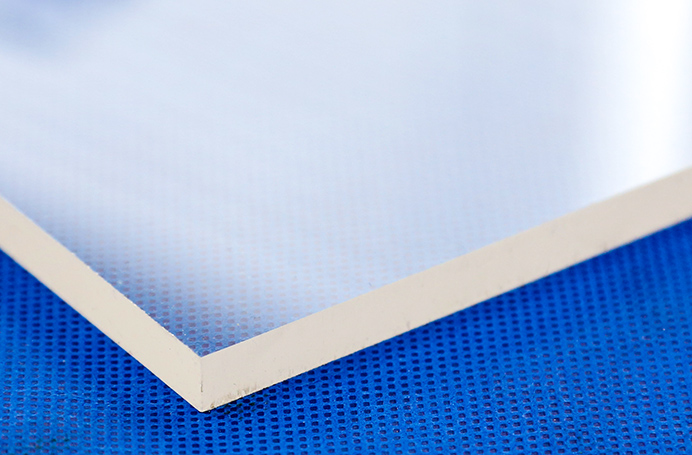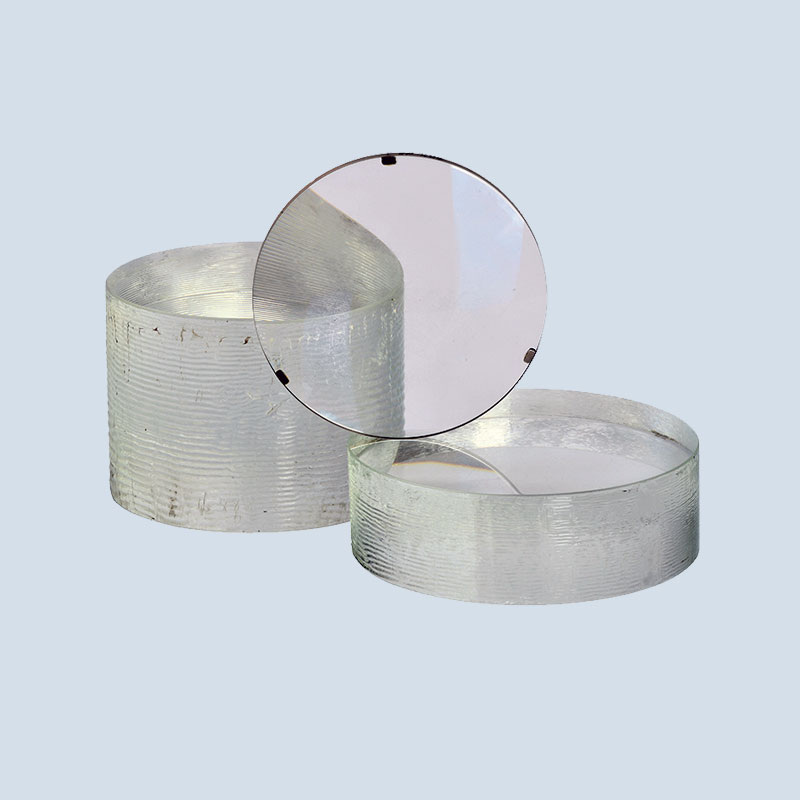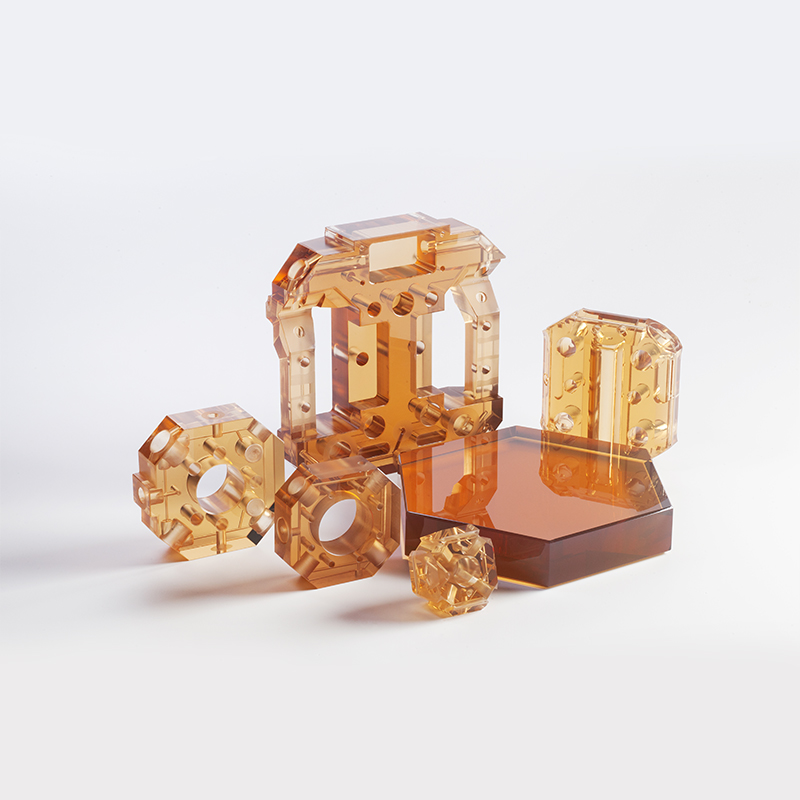Products
Fusible glasses of the SKB series
Supplier: The Ruselectronics holding company
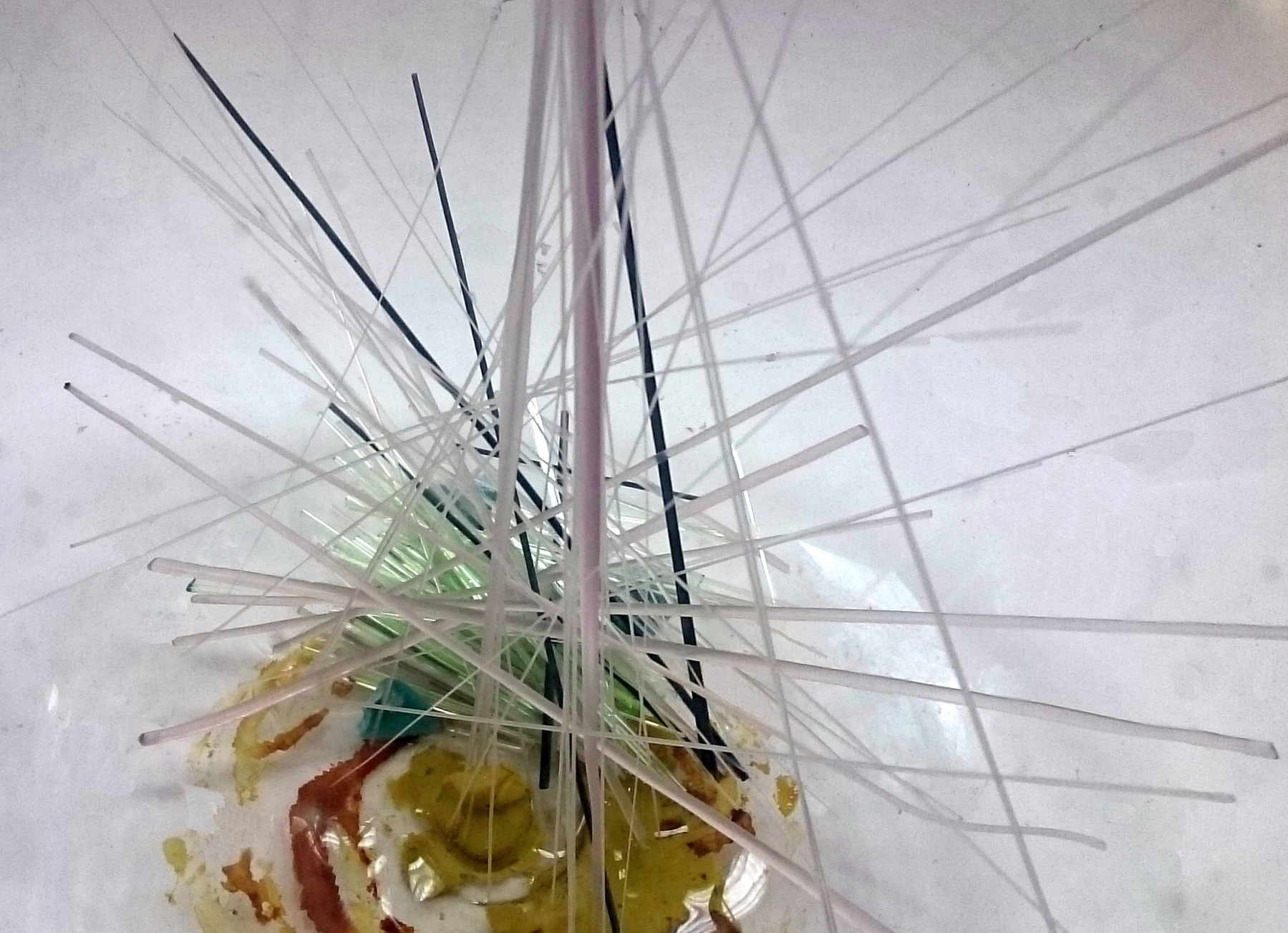
Designed for welding ferrite and ceramic knots. They have good adhesion to ceramics and ferrites
Optical colorless inorganic glass
Supplier: Shvabe
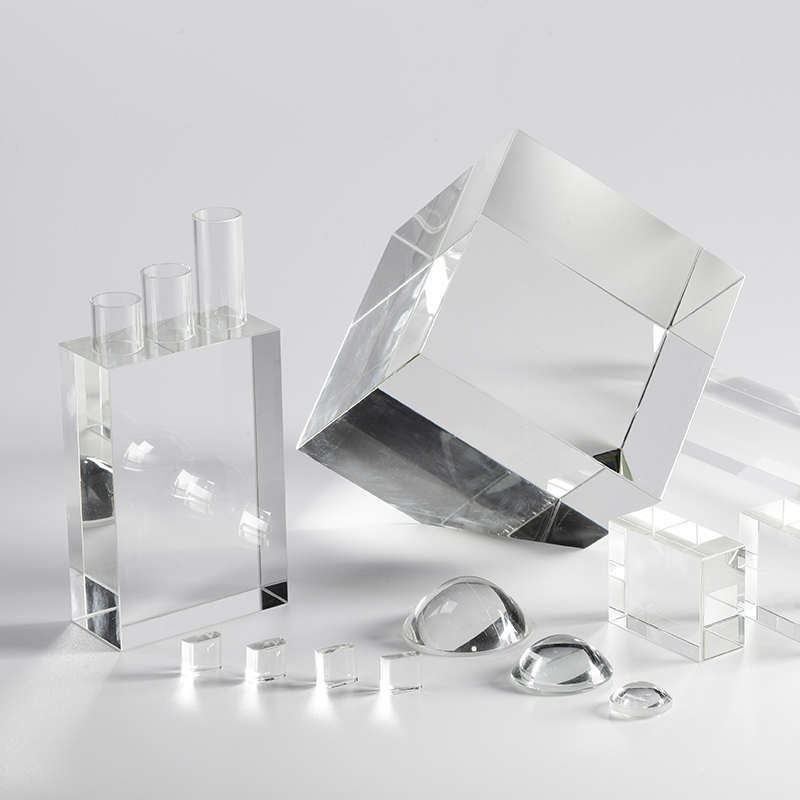
Optical colorless inorganic glasses have a high optical uniformity, the deviation from which is estimated
by tenths of a percent. A wide range of optical glasses is determined by the variety of their chemical
composition. In this case, the composition of each type of glass is characterized by the content of some
elements of the periodic system, changing in relatively small quantities. Optical glasses are divided into
two large groups – crowns and flints, and the glasses of each group are divided into types.
Supplier: Shvabe
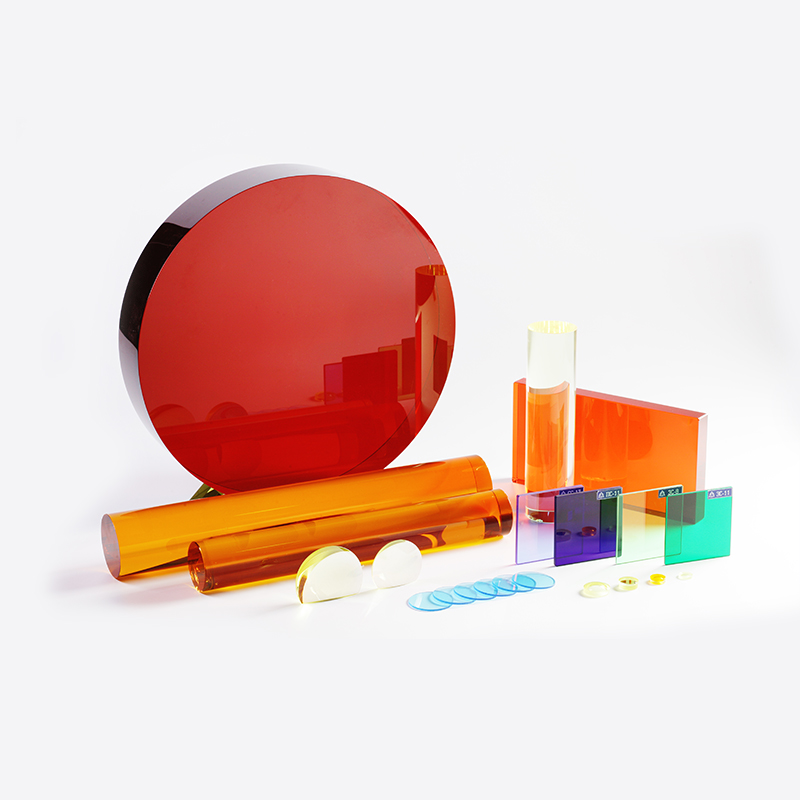
Optical colored inorganic glasses are glasses colored in mass. Optical colored inorganic glasses provide
isolation or absorption of part of the spectrum from ultraviolet to infrared. The selection of a part of the
spectrum in glasses is formed by color centers (different types of electronic transitions).
Optical color inorganic glass of the X 970 - 1 brand
Supplier: Shvabe
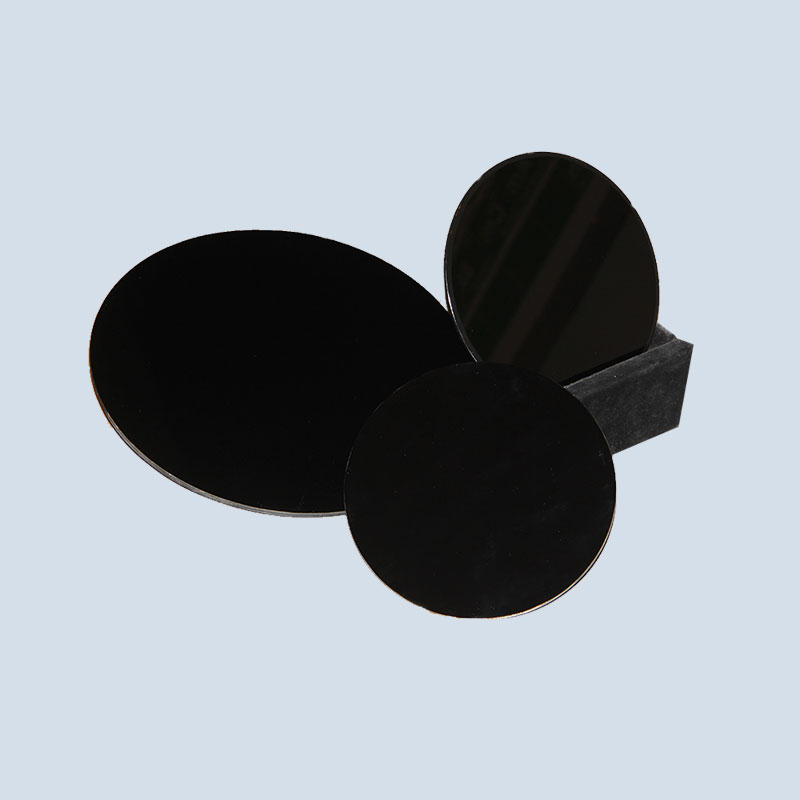
Infrared glass (dark infrared).
Special crown. Glass grade OK4
Supplier: Shvabe
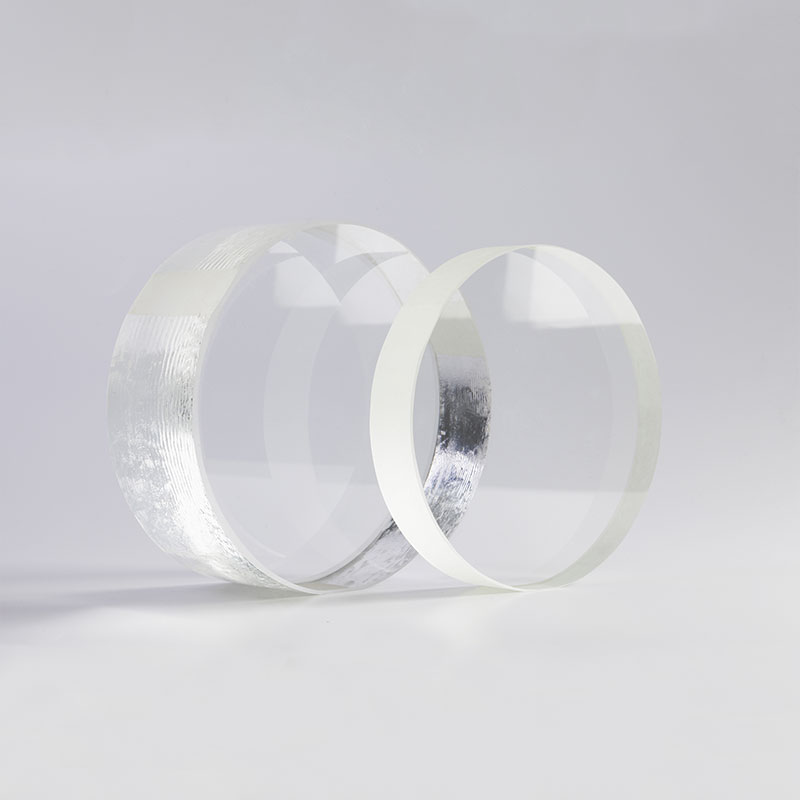
Non-silicate optical colorless inorganic glass. In its composition, the special crown is a pure fluoro-
phosphate glass. The main components are fluorides of elements I, II, and III of the periodic table and
metaphosphates.
Optical light-scattering glass
Supplier: Shvabe
.jpg)
Inorganic silicate glasses contain compounds of fluorine or sodium fluoride that provide glass silencing.
In the process of technological guidance of transparent glass, crystals with a refractive index that differs
from the refractive index of glass are isolated and make the glass opaque, which in appearance looks
like "solid milk". Unusual crystallization of glass is called zaruhaniem and is characterized by the size
(about 100nm, 200nm and 1mkm) of crystals and the number of crystals (about 100,000 PCs.) in 1mm3.
Electro-vacuum glasses/glasses for the electronics industry
Supplier: Shvabe
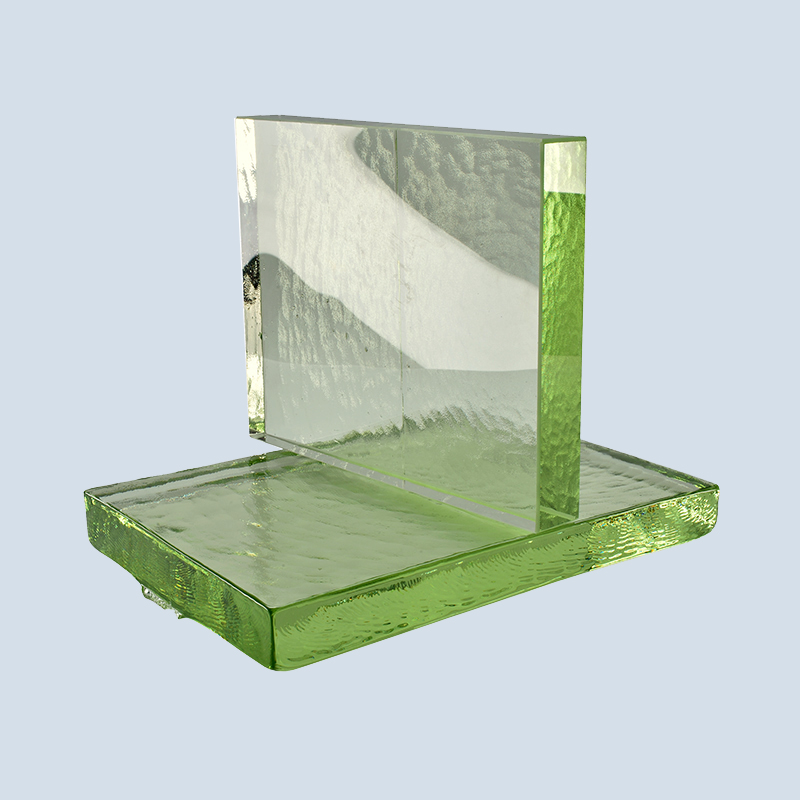
Electro-vacuum glasses combine a large group of glasses used in radio-electronic technology. The
compositions of electrovacuum inorganic glasses are very diverse. Basically, these are borosilicate
glasses, in which the main addition to silicon dioxide is boron oxide B203 and other elements of the
periodic system in relatively small quantities, which provide the necessary coefficient of thermal
expansion and viscosity of the glasses for vacuum-strong connection of the metal with such glasses by
welding or soldering.
